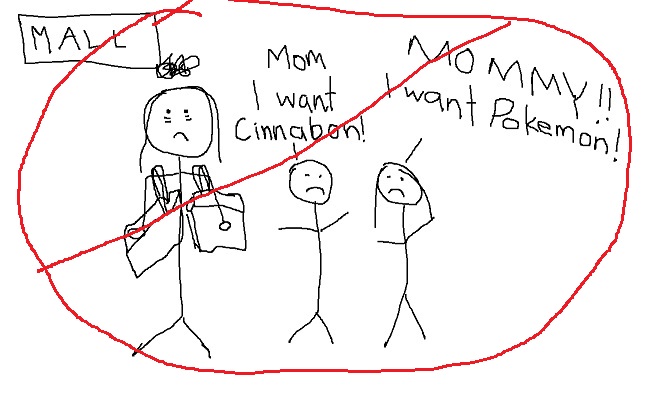
Several years ago, I was asked to give a talk to Sunday School teachers at church on how to discipline children. My first thought was that I didn’t want to talk about disciplining children. Disciplining children implies that they’re misbehaving, but misbehaviors can be caused by a lot of things, not the least of which is the teacher’s inability to teach well. (I’m pretty sure I could talk for hours on that topic alone, but I’ll save it for another time.) Sure, every child has their weak moments, but there is a whole lot that a teacher can do to help students compose themselves respectfully and responsibly.
I find that the smoothest path involves anticipating and preventing misbehavior in the first place. If that ship has sailed, though, this is the next one you want to get on. Sometimes children come in with certain habits and behaviors and you need to proactively help them to work them out. Maybe it’s a girl who throws a tantrum every time something doesn’t go her way, or a child who has a habit of talking back. Perhaps it’s a small but persistent matter, such as getting a boy to tuck in his chair or keep his desk area tidy.
As a teacher, it can mean training your entire class to execute various procedures well, such as walking to and from the carpet area quickly, quietly, and ready to focus as soon as the transition is complete. I’ve worked with children on all of these and more, and have found that our success generally depended on my consistent execution of a few key skills. Yes, my execution. It’s not completely up to the child to improve himself. You can’t just tell a kid to “be better” or “stop doing that” and always expect her to know how to do it. You need to actively work with them to shape their behavior and help them grow as individuals.
In a series of posts, I have shared some of my experiences in shaping children’s behavior. Big or small, whole class or individual, there were a few key patterns that began to emerge in my behavior-shaping process. I constantly fine-tuned it over the years, and grew increasingly confident of my ability to effect positive change in children.
True, I have not actually shaped the behavior of my own children yet, but I really think that all these years as a teacher have given me a leg up to that end. Actually, one of the biggest reasons I wanted to be a teacher was to garner experience and wisdom from my career in order to enhance my effectiveness as a parent. So here’s a glimpse of what I have learned, for all you parents out there who didn’t get to spend eight years working with hundreds of kids before having your own. I hope to share some of the highlights of what I’ve learned over the years with you so that it may benefit you as you parent and teach children.
This post is part of my series on How to Shape Children’s Behavior.
This post is long. I thought about splitting it into three parts, but each section builds on and relies on the rest, so I decided to keep them all together. Thanks for reading!
The other day, a parent asked me for advice on appropriate punishments for their child’s misbehaviors. I don’t think he was thinking too hard about word choice, but it’s a single word that can make a big difference.The way we think about consequences versus punishments has huge implications for how we parent and raise our children. Any person who cares for children needs to know this: every parent, every teacher, every daycare provider.
This post is part of my series on How to Shape Children’s Behavior.
I believe that children want to be good. I think even the most challenging children wish, in their core, that they could behave well. I imagine it’s not dissimilar to the way adults want to be more disciplined about exercise, eat a generally balanced diet, or get their finances in order. It would be nice, but sometimes we just can’t seem to keep it up. Breaking poor habits is one of the first of many difficult steps in forming better ones. Wouldn’t it would be much easier if we could just go find our younger selves and keep poor habits from forming in the first place? Until time machines work, then, let’s do our children a favor and help them build good habits before the bad ones begin. This, of course, is also known as prevention. Today, I hope to share with you some reasons why you should be proactive about anticipating and preventing misbehaviors, and how you can more effectively do so.





